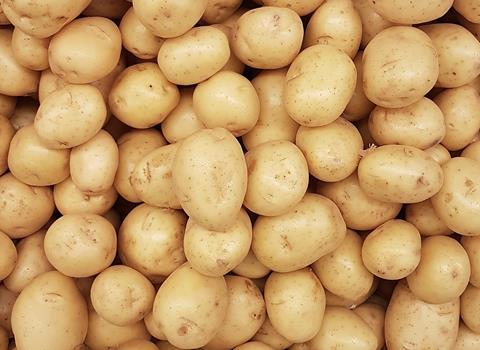A new guide to manage Potato Cyst Nematode is now available to members of GB Potatoes and CUPGRA with latest evidence-based recommendations

A new guide to help potato growers manage Potato Cyst Nematode (PCN) with the latest research and management advice is now available.
Biological and chemical control, varietal selection and resistance management, monitoring, diagnosis and sustainable farming approaches are among the evidence-based recommendations in the guide, which was written by leading nematology experts Matthew Back and Katarzyna Dybal from Harper Adams University.
Published by trade body GB Potatoes and the Cambridge University Potato Growers Research Association (CUPGRA), it is available free to members of both associations, with a free factsheet for the wider industry to summarise the initiative to follow.
“Eradicating PCN from infested land would require extreme measures, such as prolonged fallow periods or complete soil sterilisation, which are simply unfeasible in a commercial farming context,” said chief executive of GB Potatoes, Scott Walker.
“Instead, what is needed is a pragmatic, integrated approach that limits the development of PCN populations over time using a combination of complementary strategies.”
Director of CUPGRA, David Almond, added: “This guide provides specific, practical crop protection measures tailored to PCN, covering everything from cultural and biological controls to chemical treatments and varietal resistance.
“Given the global economic significance of PCN, research and innovation in this area is ongoing, and the guide also outlines some of the latest developments in crop protection strategies from around the world.”
To access the full PCN Management Guide, members of GB Potatoes and CUPGRA can login via their respective member website portals



